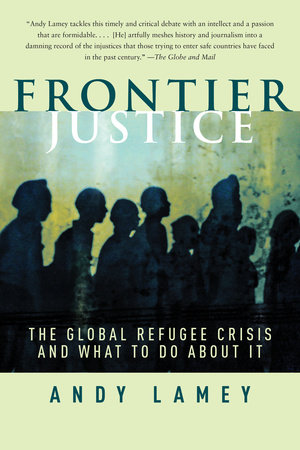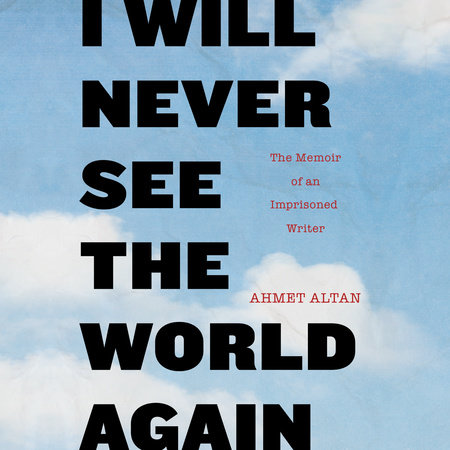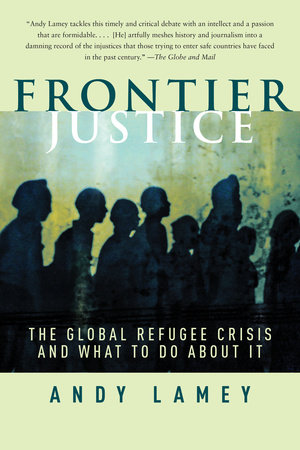

Frontier Justice
By Andy Lamey
By Andy Lamey
By Andy Lamey
By Andy Lamey
Category: Domestic Politics | World Politics
Category: Domestic Politics | World Politics

-
$16.00
Aug 27, 2013 | ISBN 9780385662550
-
Apr 05, 2011 | ISBN 9780307367921
YOU MAY ALSO LIKE
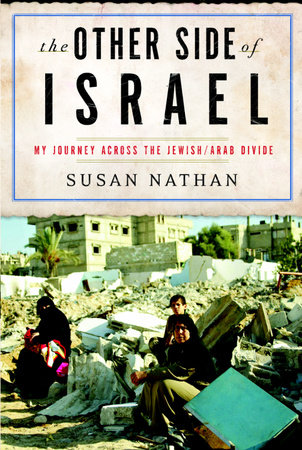
The Other Side of Israel

Murder in Amsterdam

The Story of My Experiments with Truth: An Autobiography
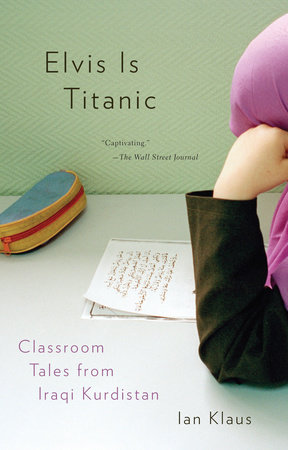
Elvis Is Titanic
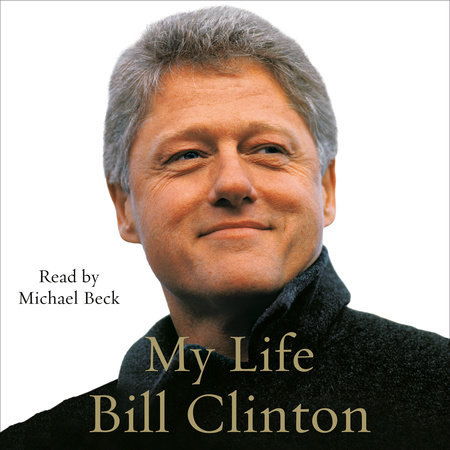
My Life (Part A)

Between Everything and Nothing

You Must Set Forth at Dawn

The Apocalypse of Ahmadinejad
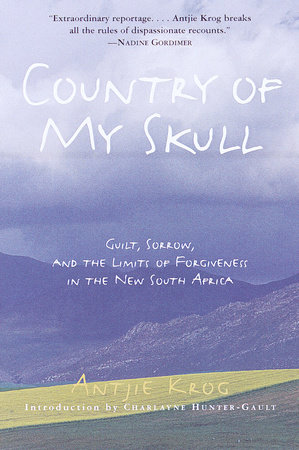
Country of My Skull
Praise
“Andy Lamey tackles this timely and critical debate with an intellect and a passion that are formidable. Frontier Justice could, quiet possibly, have a lasting effect on policy in Canada and elsewhere.”
—The Globe and Mail
“Compulsively readable, at times heartbreaking and super-smart.”
—Jeet Heer, literary journalist
“A book that pulses with intellectual curiosity and energy . . . a calm, lucid voice in a a debate often sidetracked by terrorist panic and hypocrisy about human rights.”
—The Chronicle Herald (Halifax)
“Despite its grounding in political theory and legal history, this is not a political-science textbook. Lamey introduces the reader to real refugees, offering portraits, for example, of Haitians detained at Guantanamo Bay before and during the Clinton administration. There are even sections where the book becomes a page-turner.”
—The Ottawa Citizen
“Frontier Justice provides what the debate over asylum and refugee claims so desperately needs: fresh thinking and historical perspective. Here is a wonderful writer tackling a subject, and a debate, as big as his talent.”
—Paul Wells, Maclean’s columnist
”[A] superb and immensely readable work.”
—The Literary Review of Canada
“Andy Lamey has produced a persuasive argument for changes to refugee systems around the world.”
—The Winnipeg Free Press
21 Books You’ve Been Meaning to Read
Just for joining you’ll get personalized recommendations on your dashboard daily and features only for members.
Find Out More Join Now Sign In








